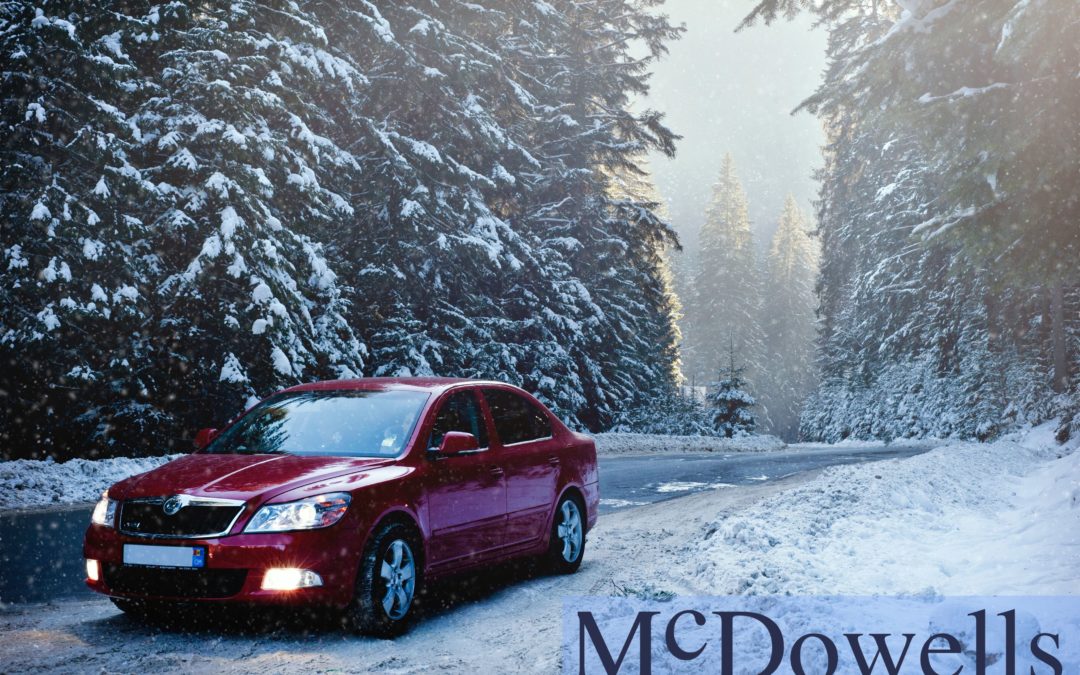For the exterior of your car, the winter months can be particularly wearing. Knowing some of the hazards that can damage your car will allow you to preemptively combat and extend the life of your car.
Battery Wear
Cold weather is especially hard on car batteries. In colder temperatures, the battery is required to create more energy than in warmer weather. Luckily there are some things you can do to combat the cold. Having a fully charged battery is best. Having a half-charged battery is more likely to be affected by the cold. If you feel the car start sluggishly, your battery may be going dead and you’ll want to go get the charge checked by a mechanic.
Regular use of your car is a good way to ‘exercise’ the battery. Running the engine subsequently warms the battery, which will fight off the cold and can help prevent irreparable damage to the battery.
Chemicals on the Road
Winter roads are treated heavily with different substances to combat the slick roads created by snow and ice. When the salts placed on the road mix with water and meet your car’s metal exterior, the opportunity for rust arises. The corrosion that is brought on by salts flipping up onto the car’s exterior can exacerbate existing dents and dings.
While salts contribute to corrosion, the sand itself is used to add surface traction. The sand particles can cause scratches and chip paint, which can enable rust and cause more damage over time.
Most state highway departments use combinations of salts and sands when roads are slick. It’s important to regularly wash your car in order to combat the evasive effects of salts and sands.
Tire Pressure
Tire air pressure is impacted by the external temperature. As the temperature drops lower, your tires will lose pressure. Without proper air pressure, you are susceptible to road dangers including increased stopping time, decreased fuel efficiency, and wear more heavily on your tires, resulting in a shorter life expectancy. Especially on winter road conditions, be it snow or ice on the road, having proper tires is essential to your safety and ability to get around.
Frozen Gas Lines
When the temperatures get below freezing, moisture in the air freezes. The same air present in your gas line can pose a threat because when the condensation freezes, it can block the gas lines, meaning gas cannot get through to the engine. In order to limit the risk of a frozen gas line, you should keep your tank half full. This will remove the excess air and prevent freezing in the lines.
Staying Safe on Winter Roads
Staying safe on winter roads means more than driving carefully over ice. Making sure that your car is well maintained, inside and out, is a good first line of defense for combating the negative effects the winter can have on your car. Diligently checking tires, batteries, gas lines and more, will keep you on the road and safe this winter season.

